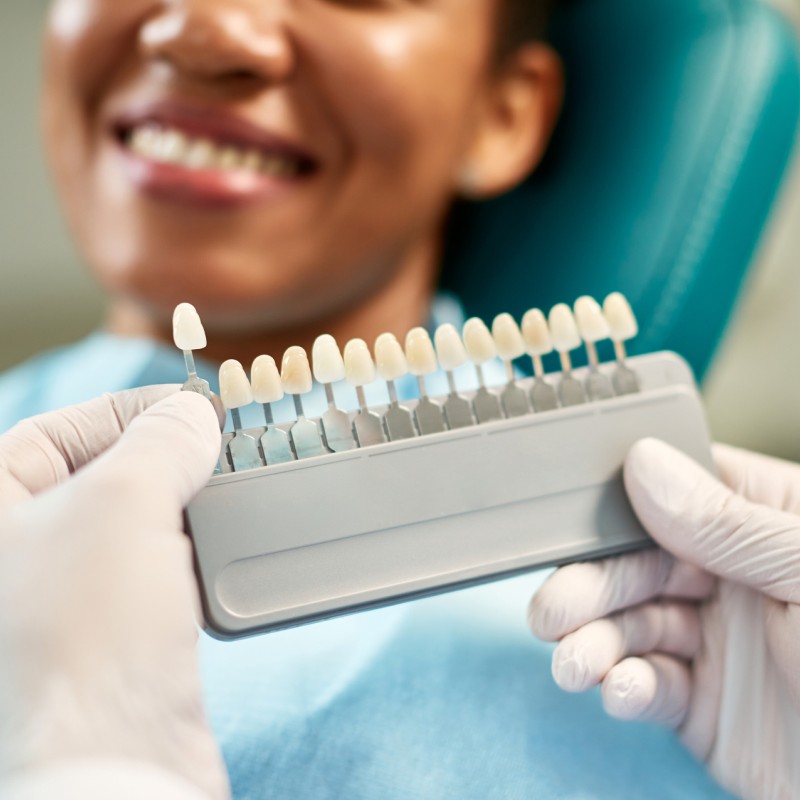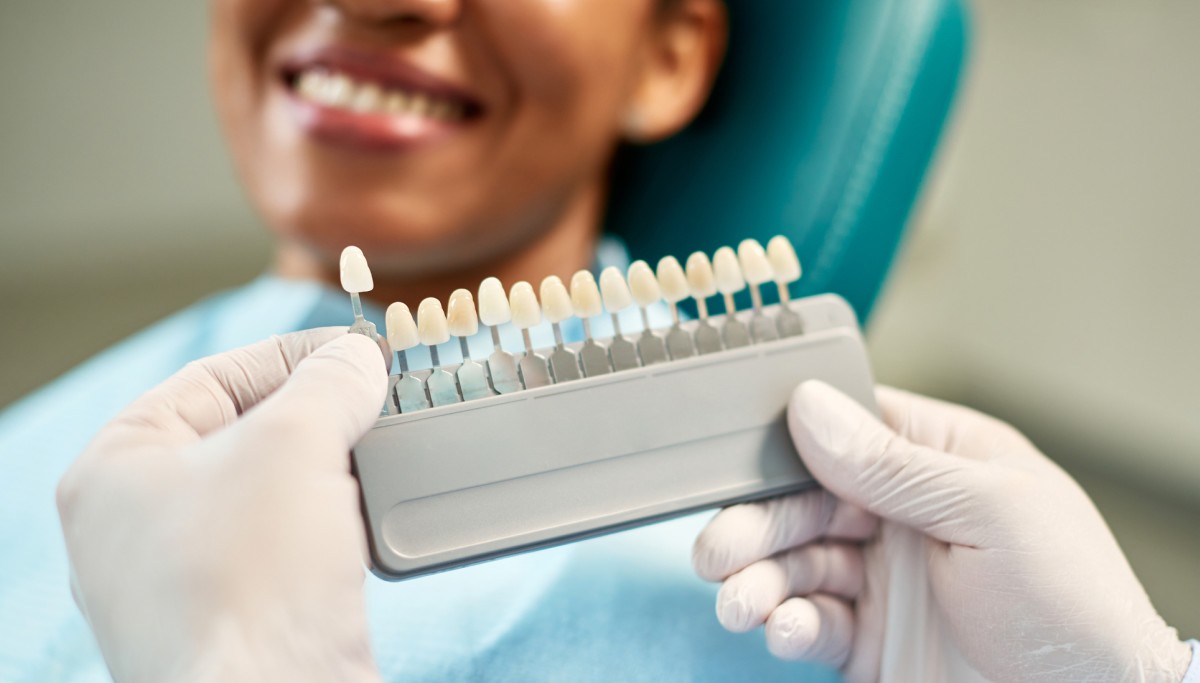Readers ask, we answer:
Does my HSA cover cosmetic dental procedures?
Not all health expenses can be paid for using your Health Savings Account (HSA), especially when it comes to cosmetic procedures. Here’s what you can (and can’t) use your HSA cash for.
First things first: What’s an HSA?
An HSA is a special type of piggy bank, allowing you to stash away pre-tax dollars to cover certain health expenses. This is helpful in lowering your out-of-pocket health care costs. HSAs are only for individuals with high-deductible health plans and there are specific guidelines you must follow.
Make sure to do your homework before using your HSA. The Internal Revenue Service (IRS) is clear on which medical expenses you can use your HSA on. Generally, it can be used for anything that is a necessary medical treatment. This means you can use your HSA for most medical, dental and vision care expenses. However, cosmetic procedures do not usually make the cut, unless they are medically necessary or for restorative purposes.
Many oral health products, like mouth guards, cold sore treatments, lip balm and denture adhesive creams, are HSA-eligible. You can check which products are eligible at hsastore.com.
Here is a breakdown of common cosmetic dental procedures and whether you can use your HSA on them:
- Orthodontics. Braces, clear aligners, retainers and other orthodontic treatments are generally HSA-eligible when recommended by an orthodontist or dentist. They qualify because orthodontics correct dental issues, like a misaligned bite.
- Teeth whitening. Because teeth whitening is typically seen as a purely cosmetic procedure, it generally does not qualify as an HSA expense.
- Veneers. A gray area is veneers. If you are getting veneers just to enhance your smile, you will not be able to use your HSA. However, if your dentist recommends veneers to repair damage from an accident or a disease – like celiac or gastroesophageal reflux disease (GERD) – then it may be eligible.
Using HSA funds for non-qualified expenses comes with penalties. Before age 65, non-qualified withdrawals are taxed and incur a 20% penalty. After age 65, you can use HSA funds for non-medical expenses without facing the 20% penalty, though withdrawals are still taxed.
To avoid penalties, always verify whether a cosmetic oral health procedure is HSA-eligible before proceeding. If you are uncertain, consult your dentist orthodontist or obtain a letter of medical necessity. This document is used to verify that an expense was medically necessary and that it could be paid for with your HSA.
Your HSA offers many advantages. However, like any financial tool, make sure to follow the rules and regulations. And, if you’re ever unsure, talk to an expert.
Your fall smile list
Fall is a fun (and sometimes hectic) time of the year. Here are 9 ways to keep smiling.
Ready to give your eyes a workout?
Eye exercises don’t improve your eyesight, but over time, they can improve the way your eyes work together.
The origins of holiday traditions
Why do we eat candy on Halloween? What does turkey have to do with Thanksgiving? We have a few answers.








